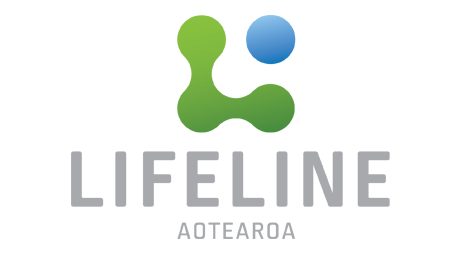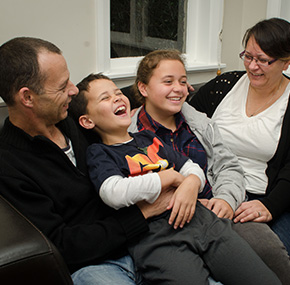Leading counselling service, Lifeline, has been thrown a lifeline by Presbyterian Support Northern (PSN), which has committed 18 months of operational support while looking to also help solve Lifeline’s long-term funding issues.
Lifeline, which takes around 18,000 calls a month, was in financial crisis, having lost significant government funding over the past year. PSN responded with an offer of help. PSN is one of the largest non-government organisations in the health and social service sector, providing a range of services throughout the upper North Island.
“PSN’s support over the next 18 months is crucial to ensure that Lifeline can continue to help New Zealanders get through their tough times,” said Glenda Schnell, Executive Director of Lifeline.
“The Lifeline staff and volunteers are relieved that our services will continue and are now looking forward to next year”
Lifeline Auckland was established in the mid 1960s by several churches, including PSN, which has been an active Lifeline supporter since that time. Lifeline is New Zealand’s longest operating telephone help service and is now one of the country’s leading support organisations for New Zealanders in crisis. Dr Rod Watts, PSN’s CE, says, ”PSN is making an investment in Lifeline to continue its services and to explore options in the New Year for further development. The financial situation is a big challenge, and we are optimistic about finding a longterm solution. We will need support from New Zealanders as a key part of this solution.”
PSN will utilise its organisational capability, capacity and development to provide Lifeline with operating support. “The initial priority,” Dr Watts says, “is to stabilise Lifeline and guarantee callers will continue to receive the excellent services from Lifeline that they have relied upon.”
“People in crisis need to have trust in who they reach out to, and Lifeline is a well-known, trusted, confidential service,” said Dr Watts. “New Zealand continues to have one of the highest suicide rates in OECD countries. Providing a lifeline to those who are losing hope fits very well with PSN’s vision of a better life for everyone.”
Schnell reassures that even after the merge with PSN, callers can still expect to get the same high quality, sensitive and confidential help they’re used to when calling Lifeline.
“People calling the Lifeline number will not notice any difference,” she said. “It will still be the same number – 0800 Lifeline (0800 543 354) – and the same mix of extensively trained clinical experts and volunteers. It will continue as a distinct and unique service.”
Lifeline’s helplines answer up to 18,000 calls per month on a raft of issues including suicidal thoughts, loneliness, family violence, financial concerns, homelessness, bullying, relationship issues, and mental health.
“With the number of calls continuing to rise, it is essential that Lifeline gets the support it needs to keep answering those calls so we can make sure to support New Zealanders’ mental and emotional wellbeing,” concluded Schnell.







